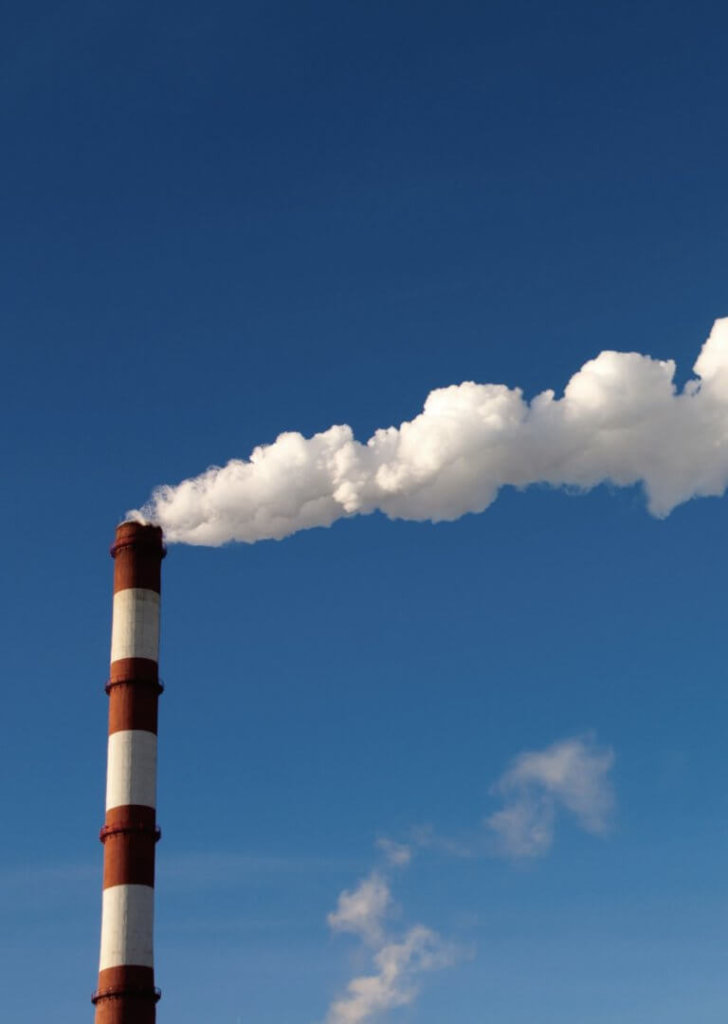On August 1, 2022, China’s Ministry of Industry and Information Technology (MIIT), National Development and Reform Commission (NDRC), and Ministry of Ecology and Environment (MEE) jointly released the implementation plan for carbon peaking in the industrial sector.

The plan aims at shifting industrial sectors towards green and low-carbon development and achieving carbon peaking by 2030. The Plan proposes that by 2025, energy consumption per unit of added value in industry above the scale will be reduced by 13.5% compared to 2020.
Specifically, six major tasks are outlined in the action plan. These include industrial restructuring, energy saving and carbon reduction, green manufacturing, circular economy, low carbon technologies, and digital transformation. Regarding industrial restructuring and energy conservation, the plan proposes to readjust the structuring of nonferrous metals, petrochemicals and steel sectors and form industry clustering with low-carbon sectors. To further optimise energy structure, the plan proposes to accelerate the electrification of industrial energy and reinforce supervision and management of energy conservation.
Besides, targets for seven key sectors are specified in this plan. These include quantified targets for steel, building materials, petrochemical, nonferrous metals, consumer goods, equipment manufacturing, and electronics. For example, by 2025, steel suppliers are expected to achieve an annual recycling capacity of 180 million tons. For cement clinker suppliers, energy consumed per unit needs to be cut by 3% or above by 2025. By 2030, for cement, glass and ceramic factories, a green and low-carbon production line should be established for decarbonization and pollutant abatement.
